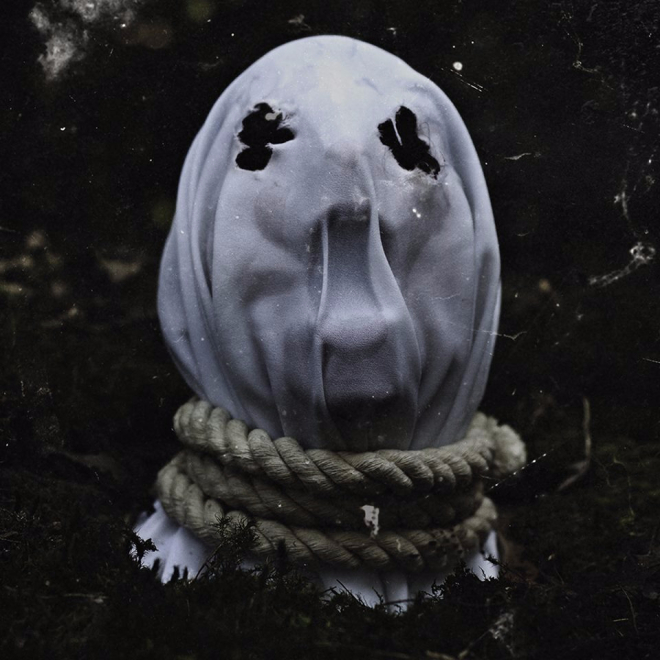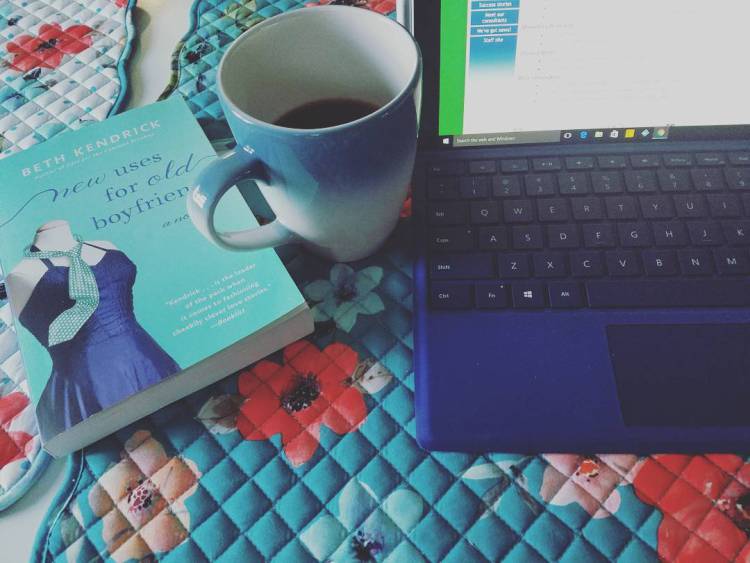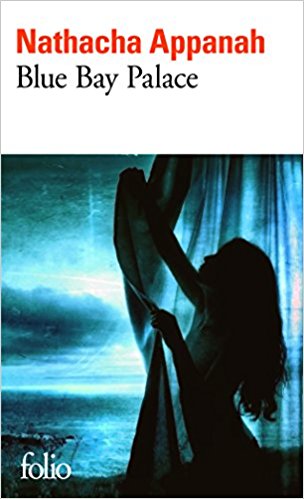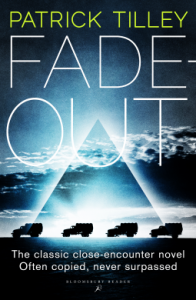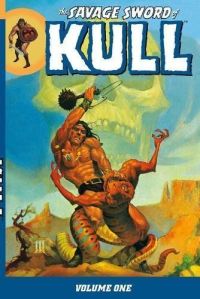
Standalone, Tyrus Books, 2013, 208 pgs.
Six friends, a little sister, and a couple of lovebirds get smashed at a wedding. Sounds like the setup to a joke, right? Or maybe some godawful summer movie, where everyone comes together in the end to learn some stupid life lesson. You’d be wrong, on both counts, though. This is the story of the year it all falls apart, instead. This group might only have been together by coincidence, really, might only have ever held on to each other by threads, but the scissors of stress and nerves can wreak havoc on even the most casual group of acquaintances. Secrets can destroy you, even when you really shouldn’t care enough for them to be able to. Relationships can splinter, even when they’re supposed to be flimsy as air.
I think I really need to stop trying to like literary fiction. Or, really, serious slice of life in general, since I’m not sure how experimental or envelope-pushing some of the things I’m referring to are meant to be. These just aren’t my genres, regardless of how intellectual I want to be, and any attempts I make never seem to go well. As much as it’s horrifically unfair to write off what I’m sure is a vastly diverse group of works based on the worst elements in the lot, it always seems like one of those worst elements pops up and ruins whatever book I’m reading for me.
This has happened in almost everything that’s not genre fiction that I’ve tried to read over the past four or five years, barring classics. Last year I got one bright spot in Geek Love, which I thought had actually well developed characters and good tragedy, but everything else I’ve had a stab at has fallen flat.
Chum may be one of the worst experiences I’ve had on that front, too. For every other lit fic piece that I’ve badly disliked I can at least pick out something that I thought was interesting or unique about the work. This, by comparison, feels like the blandest mixture of every horrible stereotype I have about this type of novel that could possibly exist. This…this is not going to be a good review.
So let’s get the one good bit out of the way first. Character voice is incredibly strong here. The book switches viewpoints every chapter, and I could always tell whose eyes we were seeing through within a couple of sentences without being told, even from very early in the novel. That’s a talent in and of itself, and it’s probably the only thing I thought worthwhile in this piece.
Unfortunately I also hated every single one of the characters behind these distinct voices. Usually having a cast comprised entirely of awful people means at least one of them will be interesting, but that didn’t happen here. Instead it was all of the smug, with none of the entertainment value.
The best way I can describe it is in the context of Seinfeld, because on one level this book reminded me a lot of that show. I’d actually like you to do a thought experiment with me along those lines. If Seinfeld is too outdated you can fill in a more recent show with a similar cast. It’s Always Sunny in Philadelphia or Arrested Development, maybe?
You know how you watch those shows in spite of the fact that everyone on them is selfish and smug and generally terrible? Or sometimes because of it?
Now take the cast of characters from whichever show you’ve chosen and strip them of any quirks that might make them interesting to follow. Throw out anything that gives them actual personality and replace it with the most generic of flaws. This one’s a disgusting womanizer! That one’s completely shallow! Then take away any sort of layers they might have. Any moments where you see the humanity of these characters, no matter how small, are now gone. Replace everything that might make them seem like a person with ennui and disgust for life. And then, as a final touch, make everything about the presentation absolutely unfunny.
Does that sound like anything you’d actually want to read?
I honestly felt justified in my hatred of these people, because all I got from them was how much they hated each other, their lives, and themselves. And as much as that was probably the point, that setup has never been anything that’s going to make me like a book. This is a novel filled entirely with disgust and loathing, so that’s really all I got out of it. That’s how it always works for me.
And I get where that sort of thing could have appeal, but the execution thereof needs to not be completely uninspired for me to give a piece that credit. The plot here is fairly plain, and the structural shenanigans put in place to hide the terrible event at the center of it don’t do enough to keep it from being predictable. The horrible bits seem mostly to be there to reinforce the point that life sucks and people are awful, rather than to eke any sort of emotion out of the audience. The prose is very, very wannabe Hemingway.
And, perhaps most damningly, in spite of the characterization being distinct and consistent, it’s still not that well done. If you’re going to write a cast populated with awful people who are dysfunctional together, you really need to be willing to go into how they work and what makes them tick. When you instead slap a cardboard stereotype into every scene, all that’s left is how hateful they are. I can sum up each of the characters in about three words: Pretentious Hipster, Sleazy Womanizer, Narcissistic Rage Machine, Nagging Girlfriend, Jaded Ball-Buster, Slut #1, and Slut #2.
Which is honestly another problem. The author seems to have some very strange ideas about how women act and think. I had this post running through my head from the very beginning.

And that feeling was consistent throughout, even when we’re in the point of view of one of the supposed-to-be straight female characters. I know I at least can say if I catch my best friend’s boyfriend cheating on her, my first thoughts are not going to be about the other woman’s boobs.
As a measurement of how bad this can get, about halfway through one of our main four women dies, and we get a sort of stream of consciousness monologue from her as it’s happening, which is all about the men she’s slept with. Really? No, like, memories of her family or thoughts about her hopes and dreams? Not even any sort of day to day minutia, like what she had for dinner or how she’s angry at her boss? No internal life whatsoever outside of who she’s banged?
The women are treated both confusingly and awfully here. I can usually get over that if the novel gives me a reason to, but, well, you’ve read the rest of this review. The insult didn’t help me in connecting to any of this, but I honestly don’t think I would have regardless.
If I thought Eating Mammals was a good example of why I avoid literary fiction as a rule, this book kicks that one to the ground, stomps on it, and then spits in its face. It has claimed its throne as the Alpha of literary bullshit, and I cannot for the life of me understand the appeal. If a piece of Chum isn’t stereotypical, it’s hateful. And, to be quite frank, most of the book is both.
Advertisements Share this:
